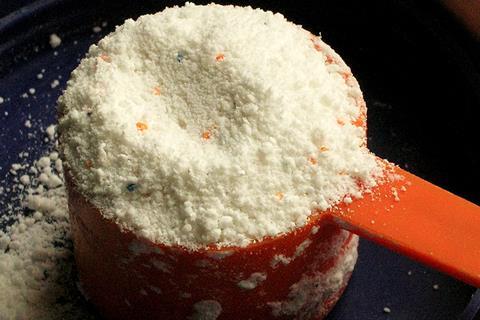Use of microbes to produce polyphosphate could help to reduce EU reliance on imports of phosphate rock in the future, according to a team from RWTH Aachen University.
Head of microbiology Professor Lars Blank said the EU is currently buying phosphate rock from Morocco to produce fertilisers and polyphosphates - additives used to aid processing or to improve eating quality of many foods, particularly meat and fish products.

Phosphates are also used to manufacture baking powder and cola drinks, as well as fertilisers and detergents.
Professor Blank’s team is focused on the use of yeast to upcycle phosphate from, eg, phosphate-rich industrial waters, into polyphosphate, a catalytic step by which the yeast can accumulate polyP up to 30% cell dry weight.
Potential of biotechnology
He discussed the potential of phosphate biotechnology in a new paper, ‘(Poly)Phosphate Biotechnology: envisaged contributions to a sustainable P future’, which appears in Microbial Biotechnology, an Applied Microbiology International publication.
“I summarised some recent developments in polyphosphate research and put it into the context of phosphate scarcity,” he said.
”At the moment the EU is buying phosphate rock from Morocco and produces fertilisers and polyphosphate . This linear value chain is not a good idea, as all the mines will be empty at one point - hence microbial P-collection is interesting.
”Upcycling of phosphate (phosphate fertiliser is about €300 a tonne) to polyphosphate (which is about €5000 a tonne) allows us to use phosphate more often, before we lose it ultimately into the ocean. With this reuse, we decrease the demand for mined phosphate and keep the resource for years to come.
“This technology has to be intensified, so there is much to do indeed,” Professor Blank concluded.
The Deutsche Bundesstiftung Umwelt (DBU) initially funded the polyphosphate work, but now it is funded by other agencies.







No comments yet